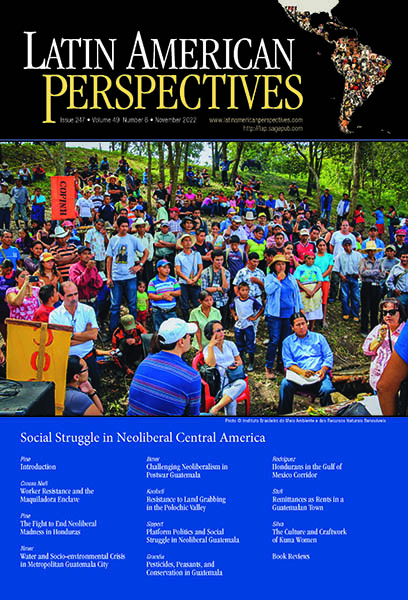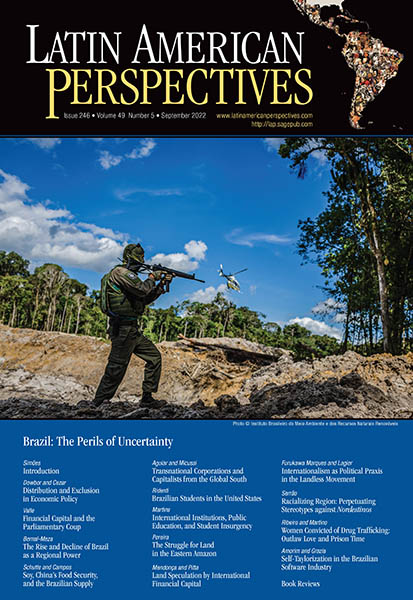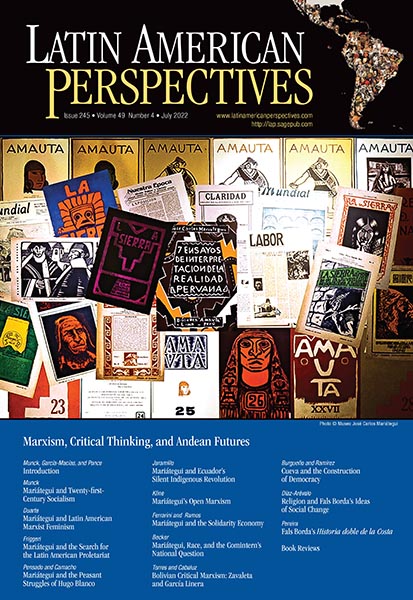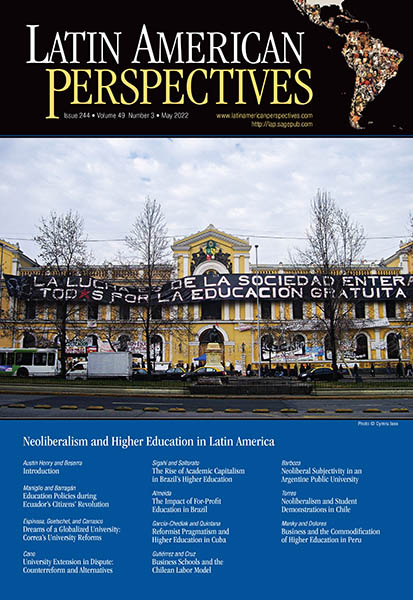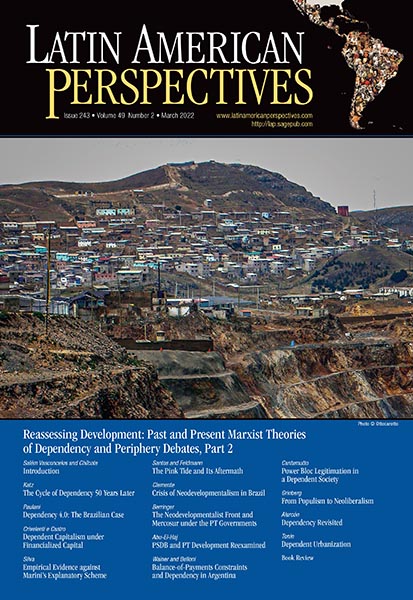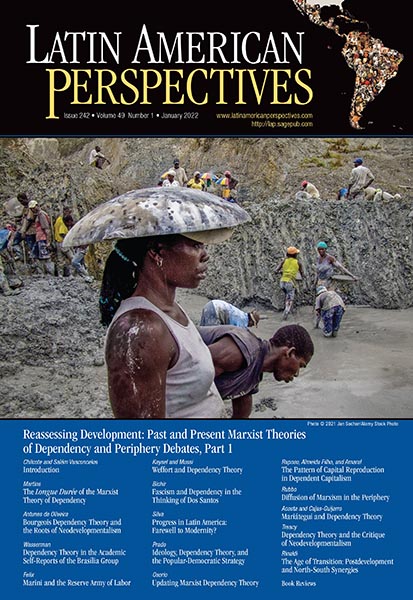SOCIAL STRUGGLE IN NEOLIBERAL CENTRAL AMERICA
November 2022 Issue Editors: Paulo Simões This issue explores changes in the strategies of Central American social movements confronting neoliberalism in recent years. Neoliberal structural reforms were initiated in Central America in the 1980s with structural adjustment programs, free-trade zones, and related policies inseparable from U.S.-funded wars, death squads, and other forms of repression. The “peaceful” period of the 1990s saw the heightened implementation of restructuring and neoliberal policies which have prompted massive rural-to-urban and international migration, increased resource extraction, weakened labor and environmental protections, reconfigured hierarchies of gender and sexuality, and increased wealth disparities. The articles in this issue analyze the creative ways in which Central American communities have strategized to improve their living conditions and challenge the root causes of their structural vulnerability that has persuaded numerous Central Americans to make the difficult and deeply painful choice to leave their communities and/or countries. TABLE OF CONTENTS | PURCHASE THIS ISSUE


